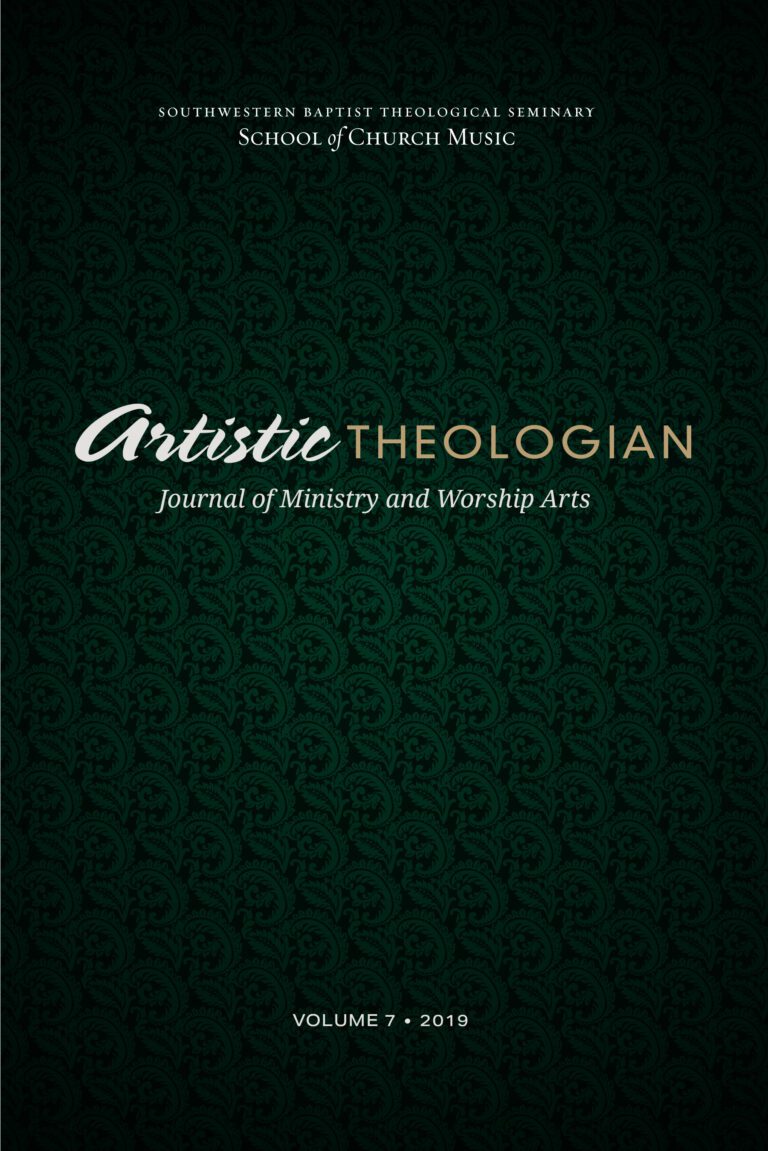
edited by Jonathan L. Master. Phillipsburg, NJ: P & R Publishing, 2016. 172 pp. $14.46.
“This is not a book about you.” This first line on the back cover of The God We Worship: Adoring the One Who Pursues, Redeems, and Changes His People reiterates the title on the front cover; every page between elucidates the stark contrast and relationship between the triune God and those under his dominion. Jonathan Master, the editor of this compilation of addresses given at the Princeton Conference on Reformed Theology over the span of ten years, thematically presents the chapters by various authors1 that point the reader to different aspects of God’s attributes and work in and on behalf of the lives of his people. The interwoven argument perpetuated through these essays asserts the existence of the transformative power of the worship of the Sovereign God made possible through the redemption of Jesus Christ and the indwelling of the Holy Spirit.
Master structures the chapters thematically, beginning with the glory of God and the fall of man. Thereafter, “the call and responsibility to worship God is addressed, along with his sovereign providence, mercy, and grace in making sinners into worshippers” (ix). At the end, the chapters address the believer’s sanctification and the oft-debated concept of “truth.” Naturally, this structure also follows the organization of the revelation of the triune God, “beginning with God the Creator and lawgiver, and moving to the work of God in sending his Son, Jesus Christ. Finally, it ends by addressing the person of the Holy Spirit,” and his manner of providing guidance and understanding of the Lord for the believer (ix). Although the chronology of the conference addresses and their order as chapters in this book do not align, Master does well to arrange them to enable the reader to navigate the biblical flow of worship with a theocentric perspective, rather than the common anthropocentric posture often taken when approaching this topic.
The obvious element of this book that must be taken into consideration upon evaluation is the format of the addresses; their primary mode was that of an exhortative and didactic verbal deliv- ery. The rhetoric of a speech delivered to a varied audience—from Reformed laypeople to pastors and professors—differs from that of a chapter written for a specific audience. This difference surfaces throughout the book; some chapters have an easily discernible the- sis and structured argument the reader can easily follow, while others resemble more of a transcription of an address, leaning more to the exhortation angle. Both perspectives are appreciated in both realms—the conference address and the printed format. However, despite the structured flow that the editor strived to attain, the adjustment on the part of the reader between chapters in which he has to reacclimate to the style of the author’s address is disruptive at times.
With all of that considered, several chapters in this book merit the reader’s time and expense. Chapter seven, which discusses Jesus as “Our Holy Redeemer,” is rich in imagery and biblical reference. Richard Philips brings his argument to a point when he states that because Jesus is our only savior whose blood God would accept, and because he is the holy priest who delivers the sacrifice on behalf of the sinner’s reconciliation, “he is the only solution to our predicament. [He is] the only lamb able to bury our sin before God, the only priest able to offer that sacrifice to God. Realizing all that, we will worship” (107). This understanding of Christ’s redemption is key to the worship of the Church.
Another exceptional example is chapter eight, in which Albert Mohler addresses the modern-day taboo of boldly claiming biblical truth. He explicates the epistemological problem that exists between “humility” (135) and belief (137–38), clearly discerning the difference between this concept of all-inclusive, tribalistic “humble theology,” and that of a biblically humble approach to worship theology. He argues this humility entails admission that “our knowledge was granted to us, revealed to us, shown to us; that we were drawn into it . . . [and] called out of our blindness into sight; that these truths are not only matters of intellectual apprehension but are the transforming truth that has reshaped and transformed us” (150). This statement encapsulates the whole of this book— transformation and sanctification occur in the worship of the sovereign God through the merciful redemption of Christ and the rich grace of the Holy Spirit.
To cover the span of the topics presented in this book falls beyond the scope of a short review; the authors each provide compelling discussions regarding the Godward aim of worship and his work in the lives of believers. As with the conference, the audience for this book is also diverse; some chapters lean on the academic or didactic side, while others are less formal and somewhat devotional. Therefore, a balance can be found within, providing a refreshing dialogue for those in the pew or behind the desk—each who worships the One who pursues, redeems, and changes His people.
- The list of contributing authors in this book include Bryan Chapell, Charles D. Drew, Richard D. Phillips (two chapters), Joseph “Skip” Ryan, Philip Graham Ryken, Michael S. Horton, Michael A. G. Haykin, R. Albert Mohler, and D. A. Carson. ↩︎





